
Top news of the day from across the health care landscape.

Top news of the day from across the health care landscape.

Multiple myeloma survivor seeks to empower patients by illustrating the value of human life.

Decline in cancer incidence rates most likely driven by modern antiretroviral therapies.
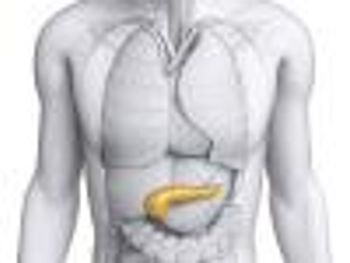
MicroRNA 506 triggers autophagy-related cell death in pancreatic cancer cells.

Hyper-sensitive test detects tumors earlier than current technology.

Top news of the day from across the health care landscape.

The final part of a 4-part interview with an infectious disease expert examines the furture treatment landscape and caring for an aging HIV population.

Relapsing-remitting multiple sclerosis treatment found to trigger programmed cell death.

Top news of the day from across the health care landscape.

Kevin James, RPh, MBA, vice president of Payer Strategy at US Bioservices, discusses optimal support for distribution of specialty therapies.
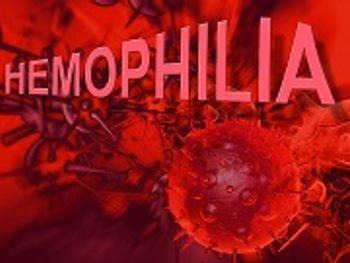
Emicizumab prophylaxis showed a clinically meaningful reduction in the number of bleeds over time.
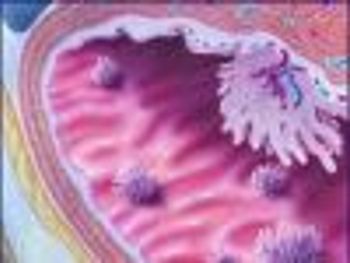
Atezolizumab is the first and only approved anti-PDL1 cancer immunotherapy.
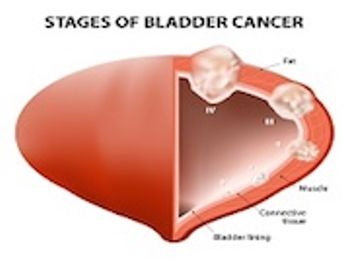
Accelerated approval granted to atezolizumab (Tecentriq) for locally advanced or metastatic urothelial carcinoma in patients who are ineligible for cisplatin.

The FDA granted approval to ranibizumab injection (Lucentis) for the monthly treatment of all forms of diabetic retinopathy.

The third of a 4-part interview with an infectious disease expert discusses the impact of specialty drugs and the potential loss of funding to HIV treatment programs.

Regulating emotion may help reduce the risk of HIV spreading among high-risk populations.

Investigational drug reduced the number of bleeds in pediatric patients with hemophilia A and inhibitors to factor VIII.
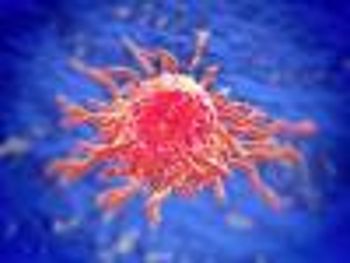
Immune cells are seized to help cancer cells spread and grow.

Top news of the day from across the health care landscape.
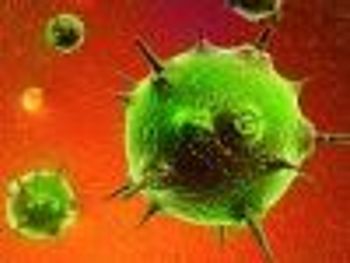
Novel therapeutic approach may help cure patients with HIV in the future.

Scientists uncover how anti-CRISPR proteins are used to the surveillance complex of gene-editing technology.

Study finds miR-219 restarts myelin production in nerves of mice with multiple sclerosis.
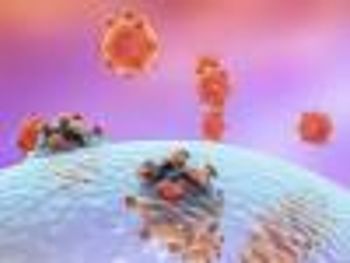
The second of 4-part interview with an infectious disease expert examines weighing the short-term high cost of treating HCV with curative drugs versus the long-term costs of treating the disease.

Mark Wainberg, PhD was an influential researcher from the start of the AIDS epidemic.

Mark A. Vineis, vice president of Specialty Pharmacy at Cardinal Health, discusses how specialty pharmacies can help achieve the goals of accountable care organizations.
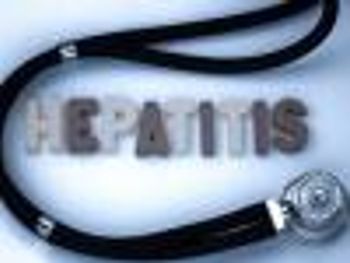
Individuals susceptible to hepatitis infection may also be susceptible to Parkinson’s disease.
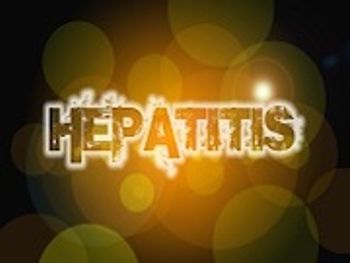
Individuals with hepatitis B and hepatitis C may be more susceptible to Parkinson’s disease.

Top news of the day from across the health care landscape.

Part 1 of a 4-part interview with an infectious disease expert explores treatment advances in HIV since the AIDS epidemic in the 1980s.

New technique determines whether cells have been exposed to a cancer-causing toxin.